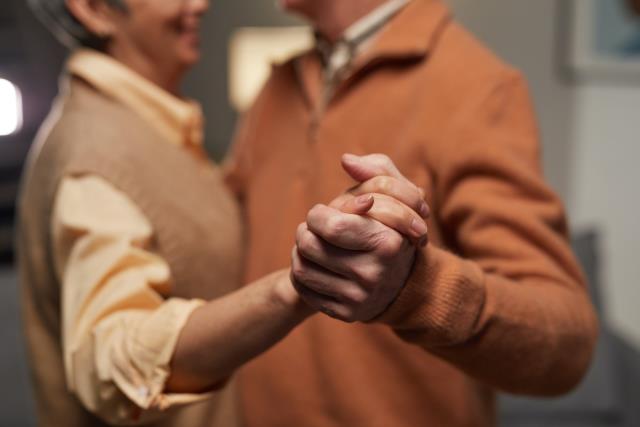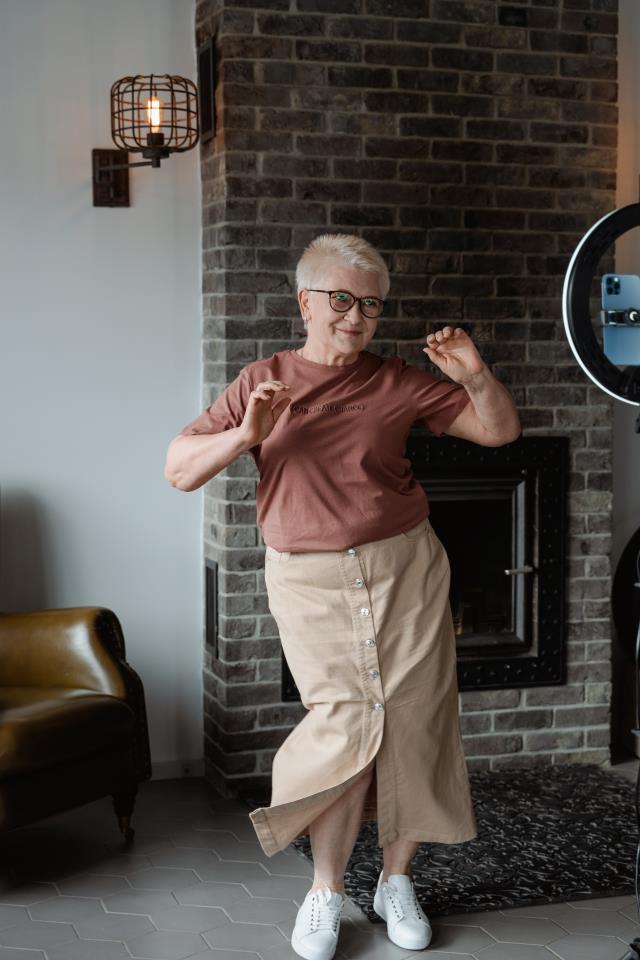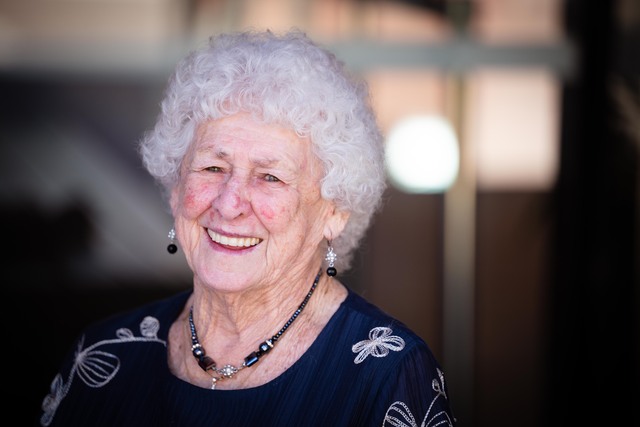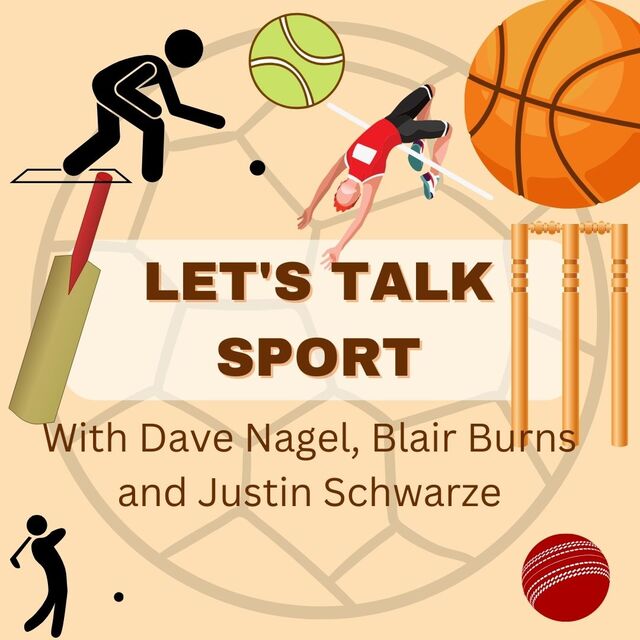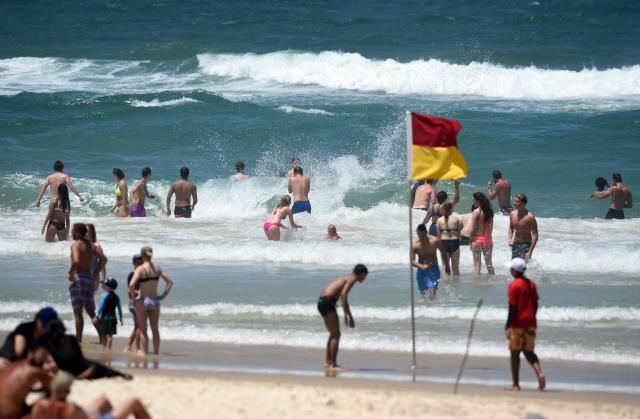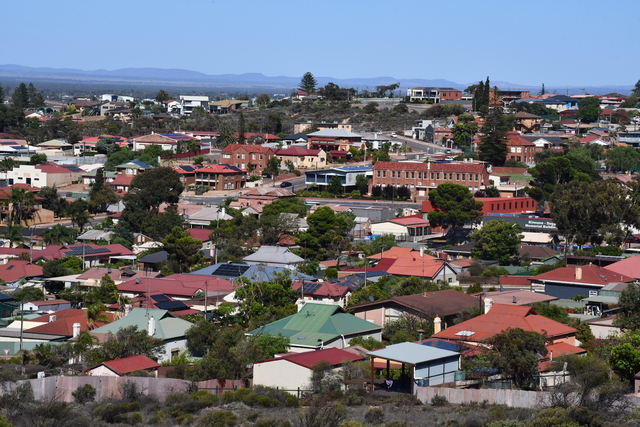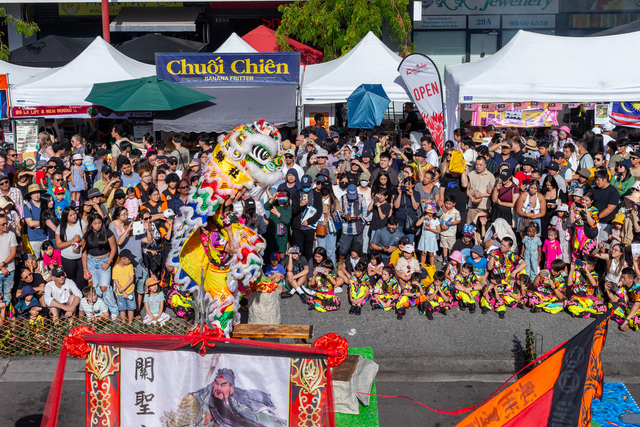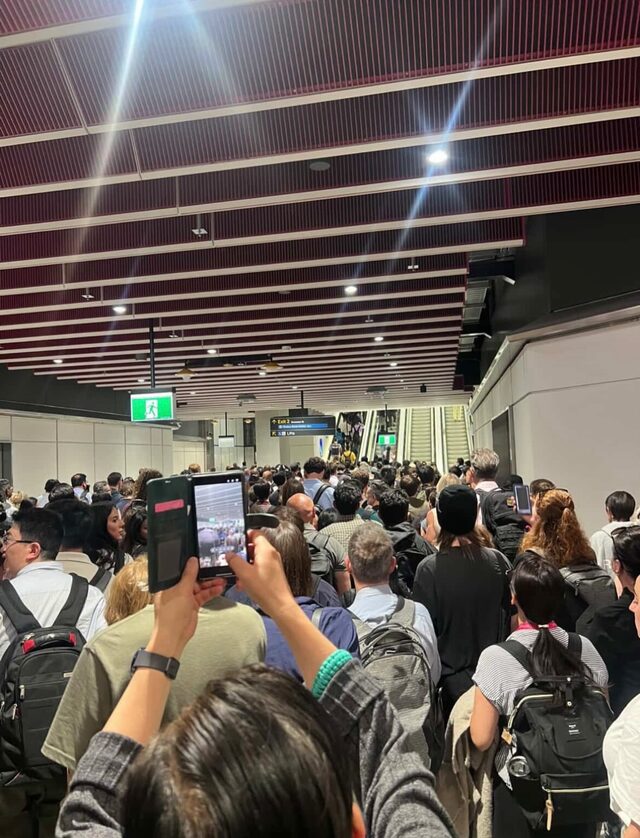The health benefits of dancing for seniors range from improving your physical health to creating strong social connections that increase your sense of wellbeing.
A 2018 study by the Queensland University of Technology (QUT) showed a positive relationship between dancing and the physical and emotional health of older Australians.
Participants in the study experienced improved flexibility, boosted energy levels and better posture. Further studies have found that dancing can slow or even reverse the signs of ageing in the brain.
Among these benefits, older Australians are likely to experience an improvement in balance, coordination and spatial awareness, which in turn could reduce their likelihood of falls.
Dancing also provides an increase in heart rate, encouraging the movement of oxygen throughout the body. This has shown positive effects on heart and lung condition, and has the potential to lessen the risk of conditions such as cardiovascular disease. Regular dance also assists in weight management, toning muscle, improving strength and reducing joint pain.
The benefits of dancing aren’t just physical. Regular dancing has been shown to increase the size of the hippocampus, which is the region of the brain responsible for spatial navigation and memory formation.
Not only did study participants enjoy a range of physical and mental progress, they also experienced a shift in overall mood, self-esteem and confidence. This is attributed to a combination of the effects of physical exercise and the social interactions and connections formed during the dance classes.
Some things to consider
Are you looking to dance on your own or with a partner? Perhaps you’d like to join a group dance class, or maybe you’d prefer private lessons. What sort of dance style are you looking to engage in? The options are endless. Ballet, line dancing, Latin or salsa dancing, waltzing, tap dancing, dance aerobics and even seated dance classes are all popular styles you can choose from.
Before you pull on your dancing shoes, it’s important to consult your doctor or medical professional. They can provide you with proper advice tailored to your health needs.
Once you’ve got the go ahead, you should make sure that you hydrate properly before, during and after you dance. Warming up and cooling down is also crucial to avoid stiffness or injury.
Take care not to over work yourself on the dance floor. Remember, it’s all about getting active and having fun. Now get out there and bust a move!

